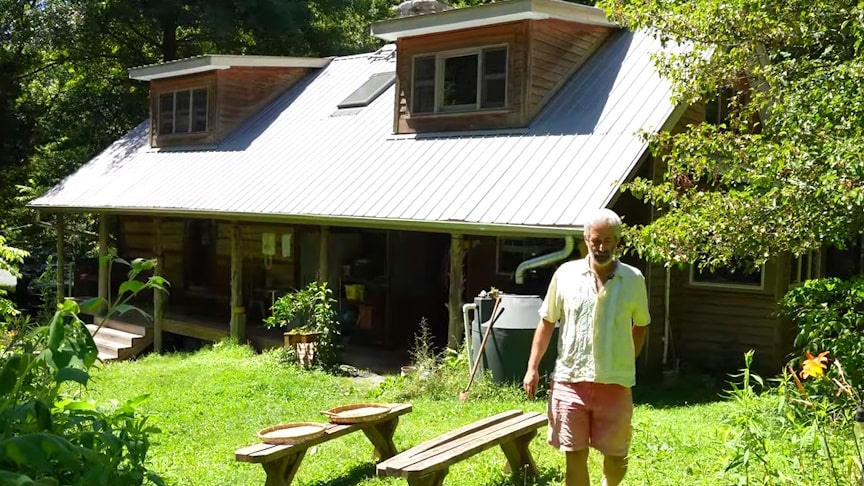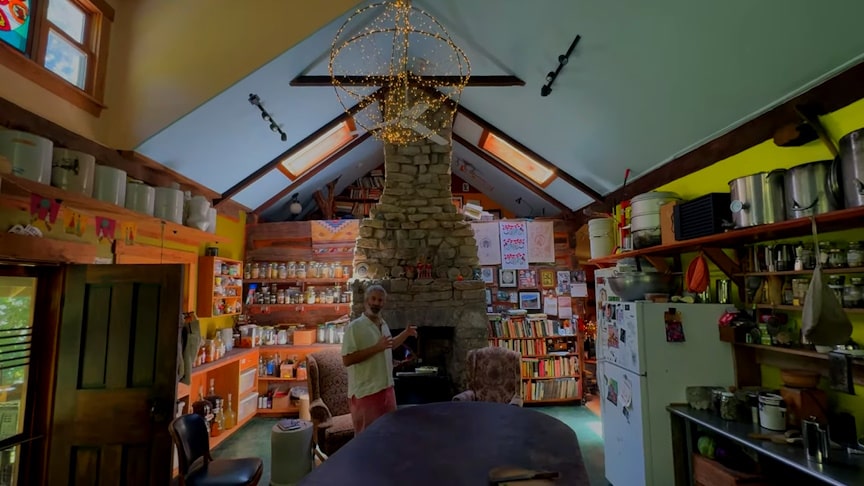When Sandor Katz moved to rural Tennessee from Manhattan after a health crisis, he had no experience with gardening nor fermentation (besides a love of pickles), but with his first bumper crop of cabbage, he turned to fermentation (in this case sauerkraut) for preservation. Encouraged to eat more fermented foods for his health (he was HIV+ in the early ’90s when there was no medical treatment), he began experimenting beyond the traditional yogurt and sourdough.
source.image: Kirsten Dirksen
The author of “Wild Fermentation” and “Fermentation Journeys” (among others), Katz has traveled widely to learn traditional ferments and to share his passion for this ancient practice, connecting with people eager to rediscover the transformative power of microbes.
source.image: Kirsten Dirksen
For Katz, fermentation became more than a way to preserve food—it became a journey into the depths of culture, science, and even philosophy. With each new experiment, he discovered not only flavors but also stories and traditions that have shaped cuisines around the world for millennia.
Advertisement
Over the years, he’s watched the fermentation revival unfold, with foods like kimchi, kombucha, and sourdough finding their way into more and more kitchens.
But for Katz, fermentation is less about following a trend and more about rekindling a relationship with the natural processes that have nourished humanity since the dawn of civilization. As he likes to say, fermentation is not a fad; it’s a fact—a timeless method that connects us to our food, to our history, and, ultimately, to each other.












